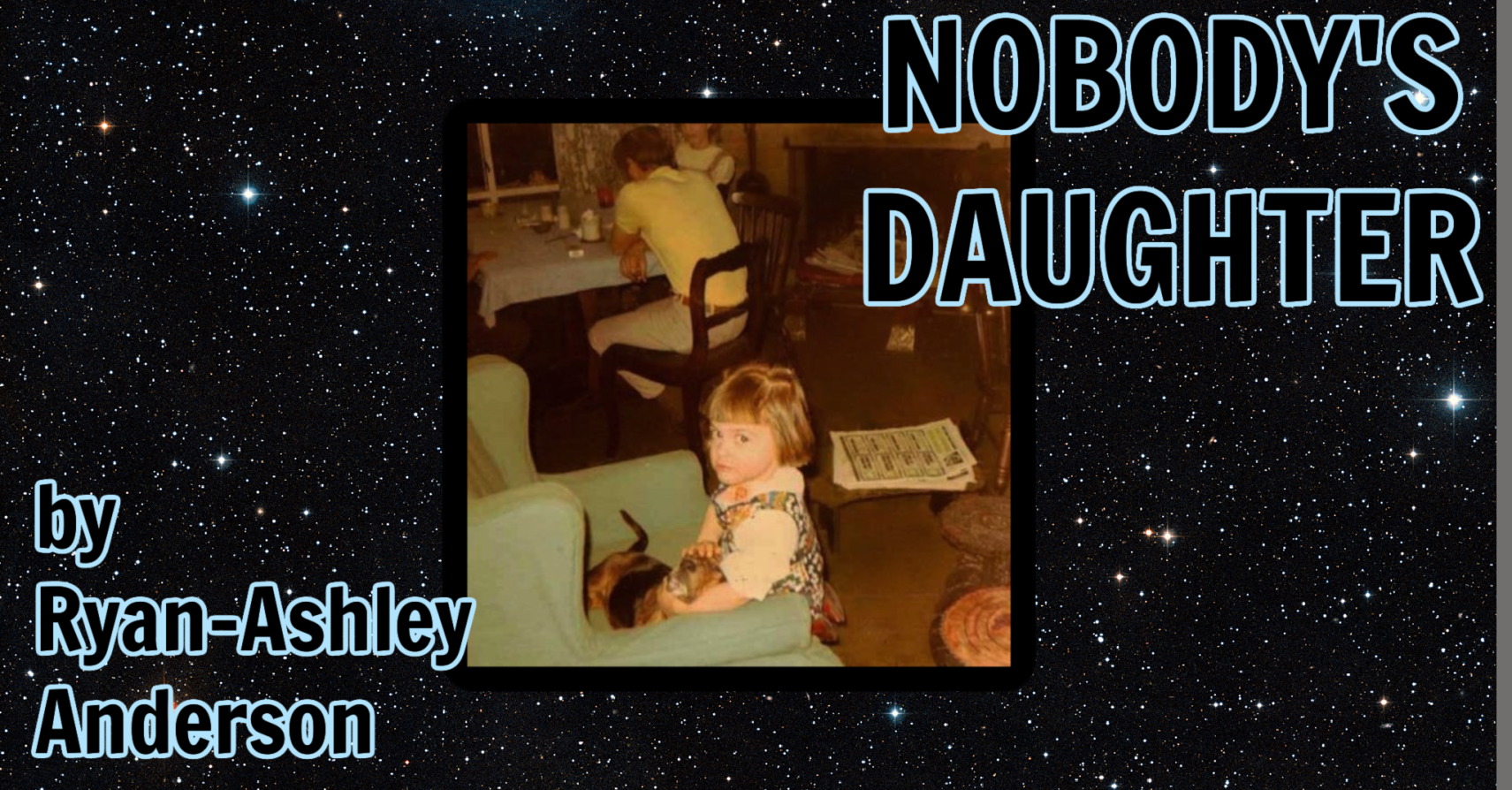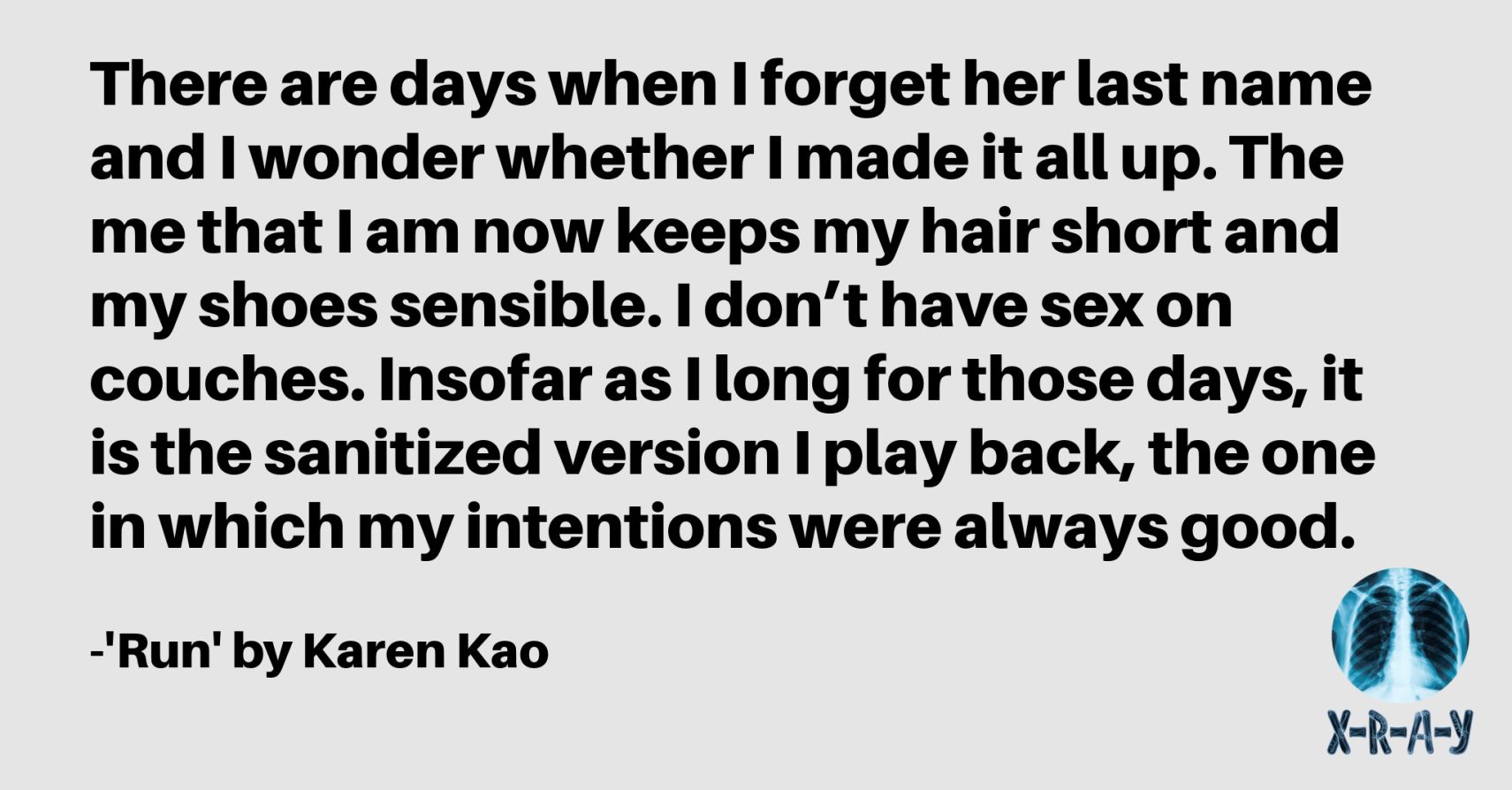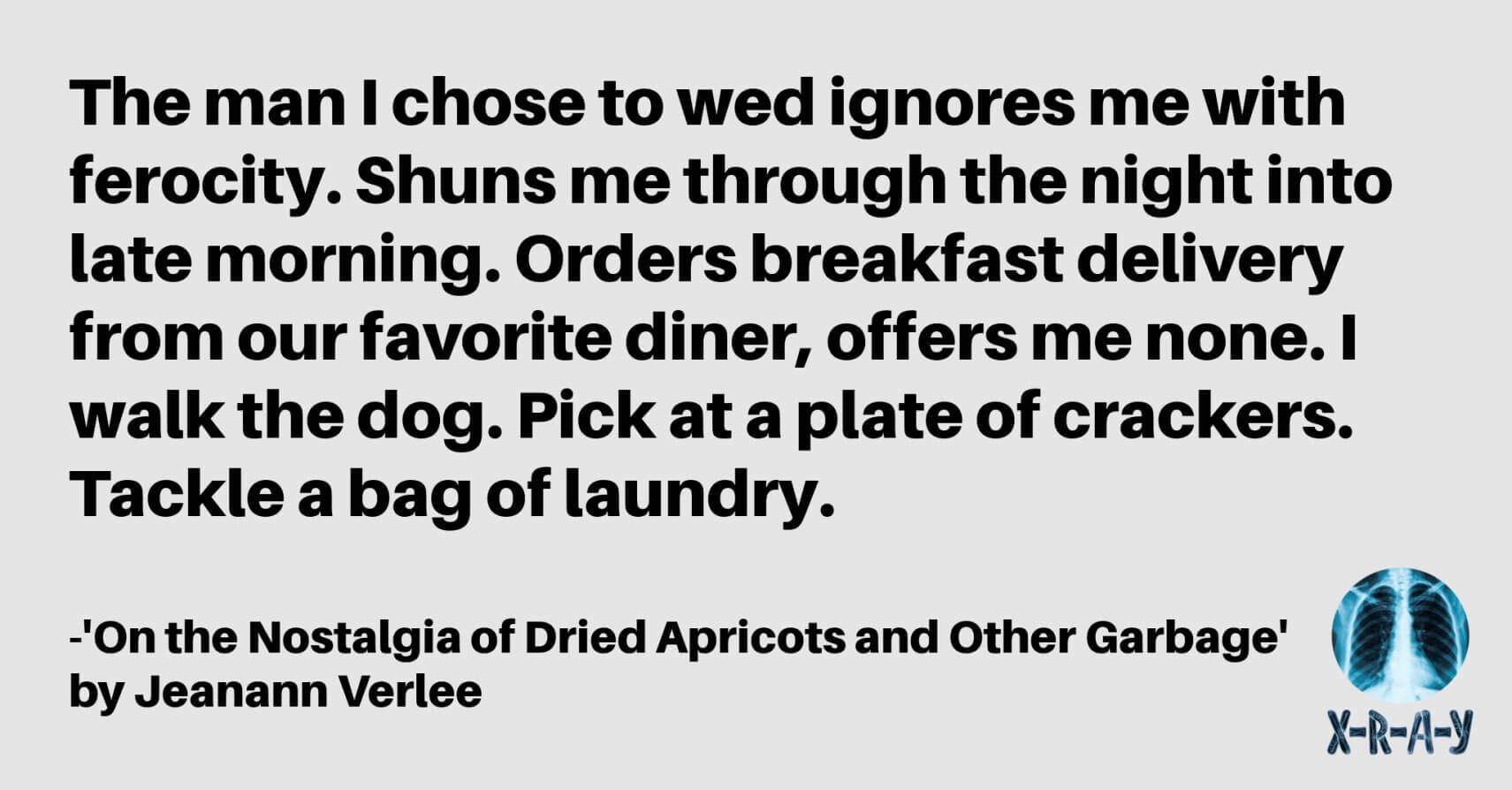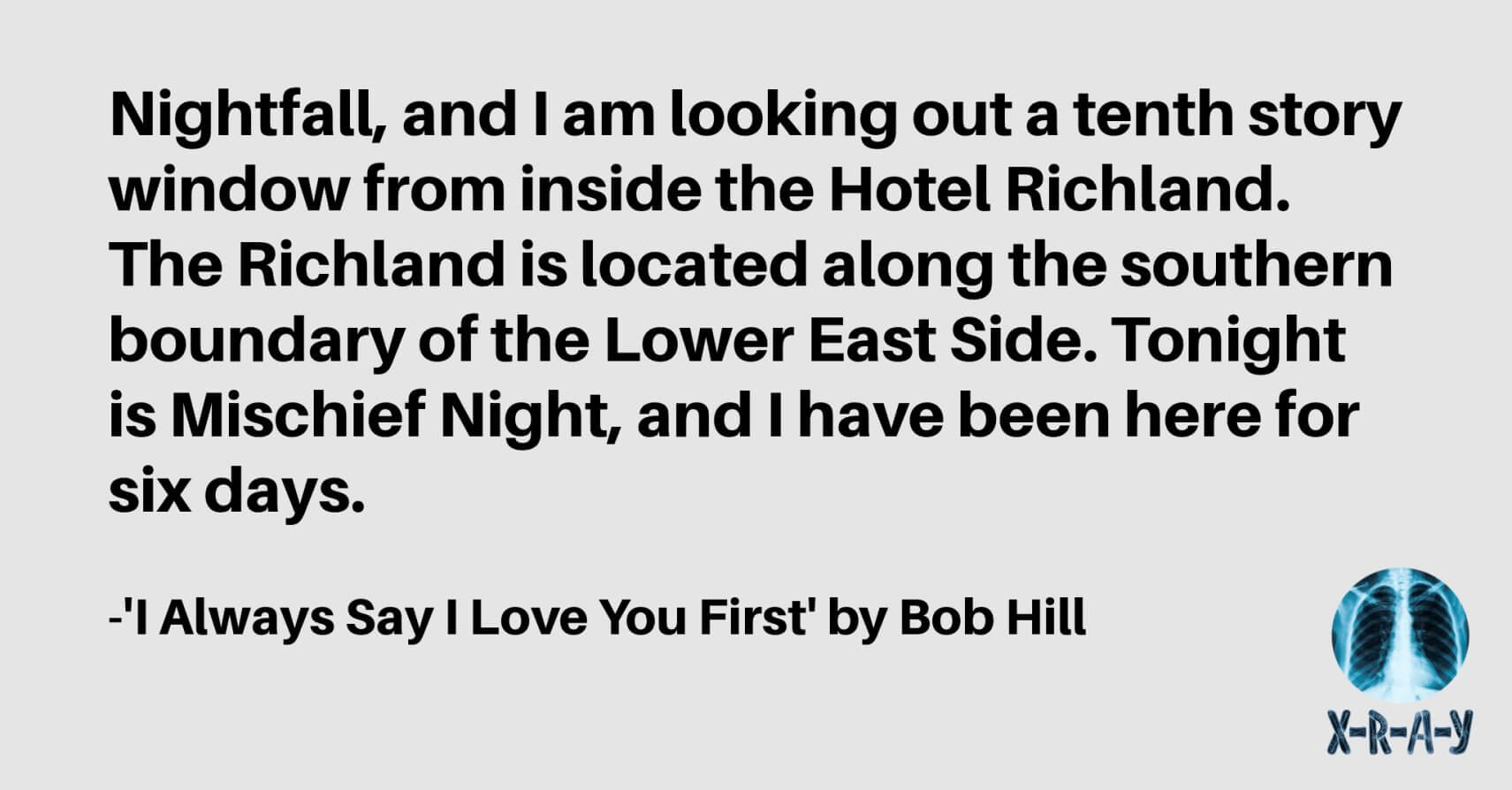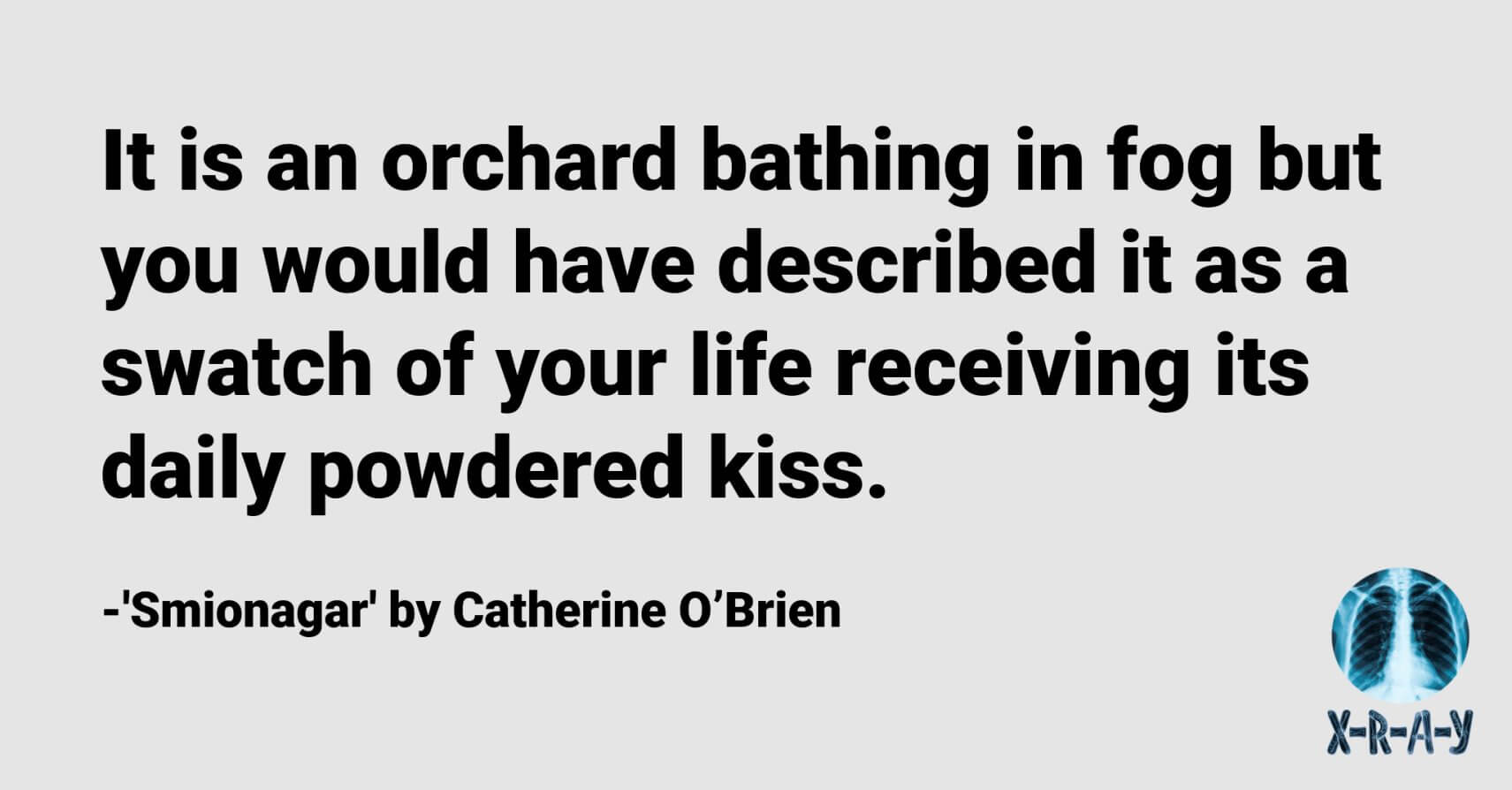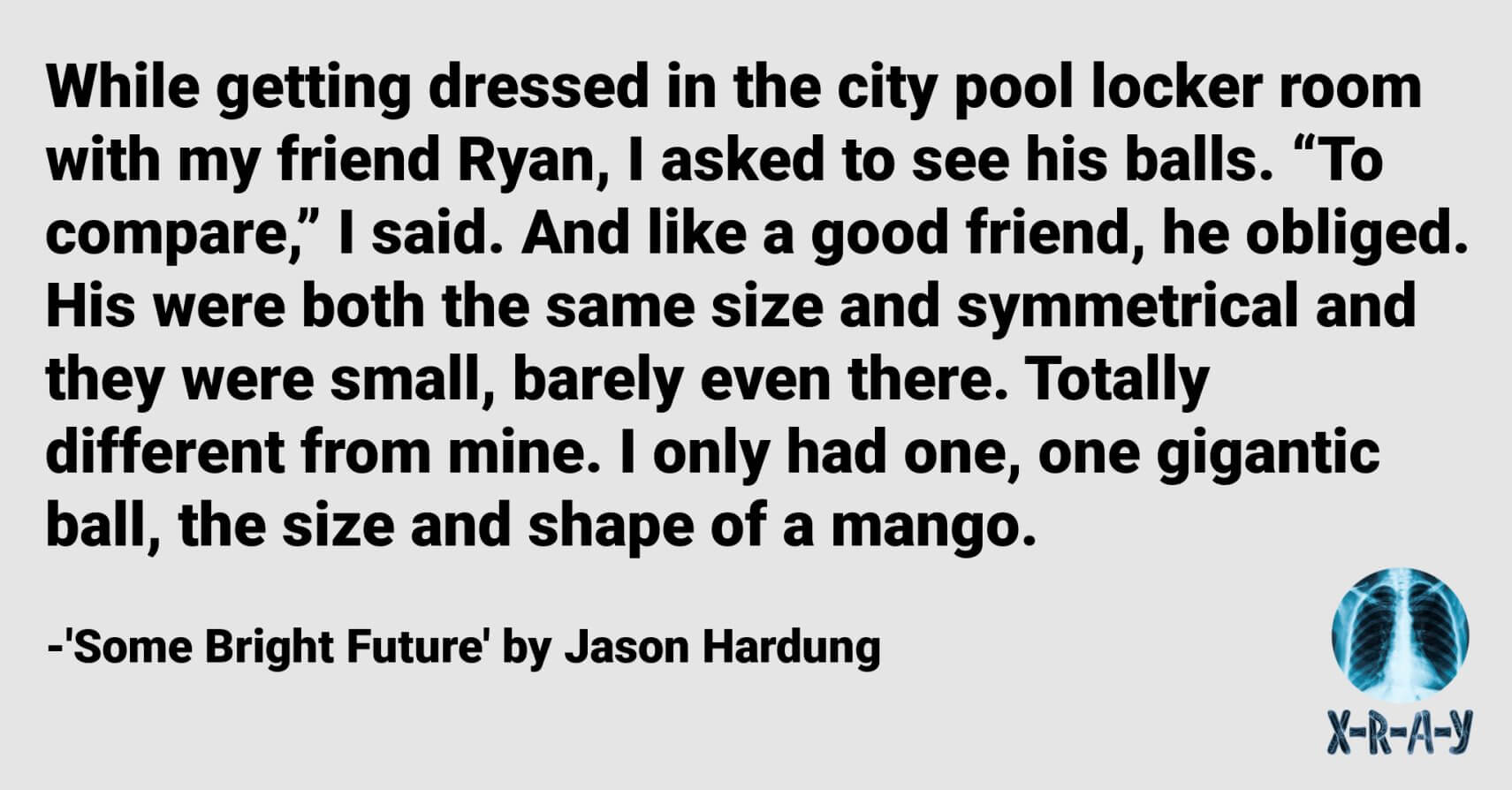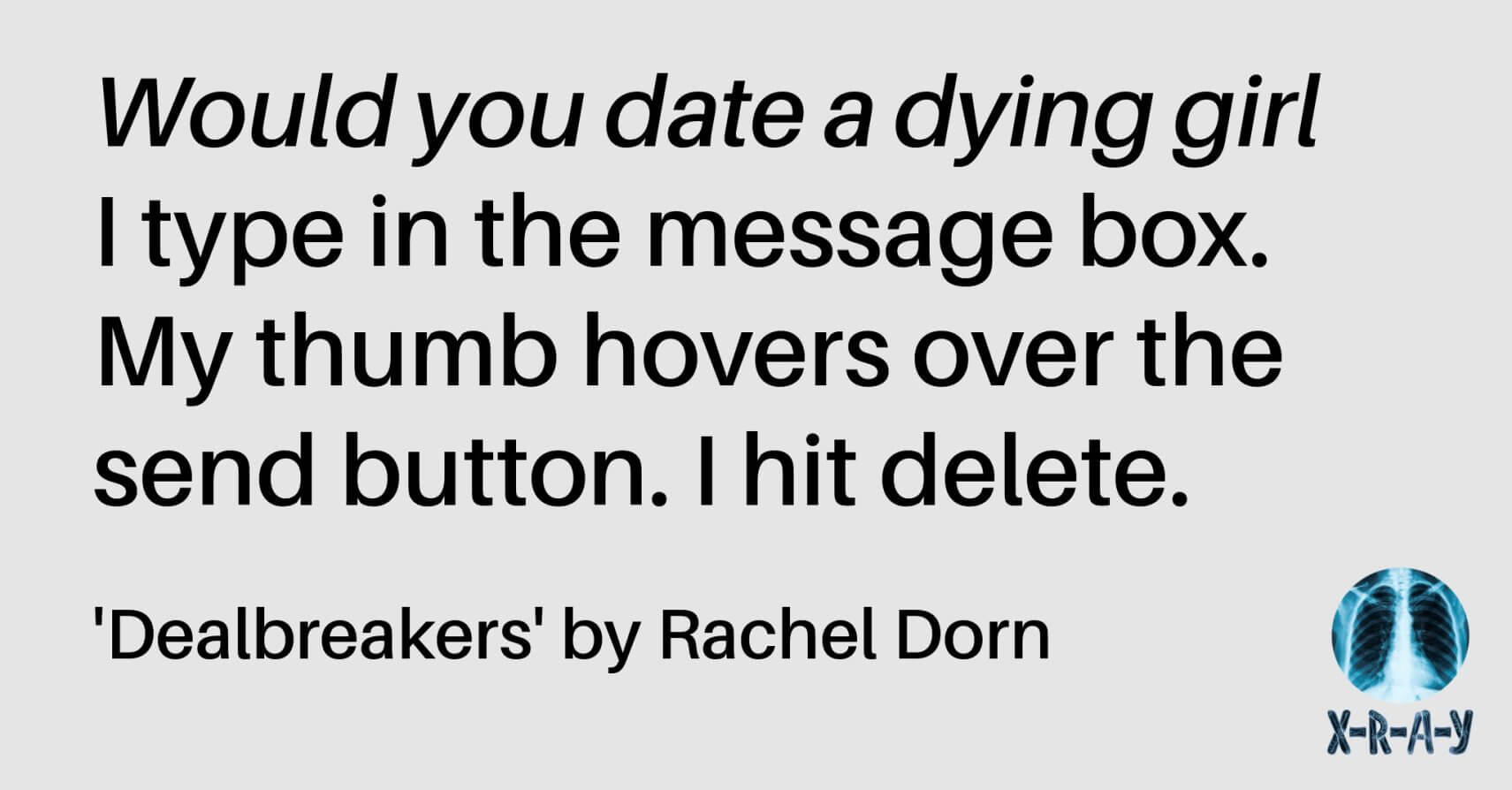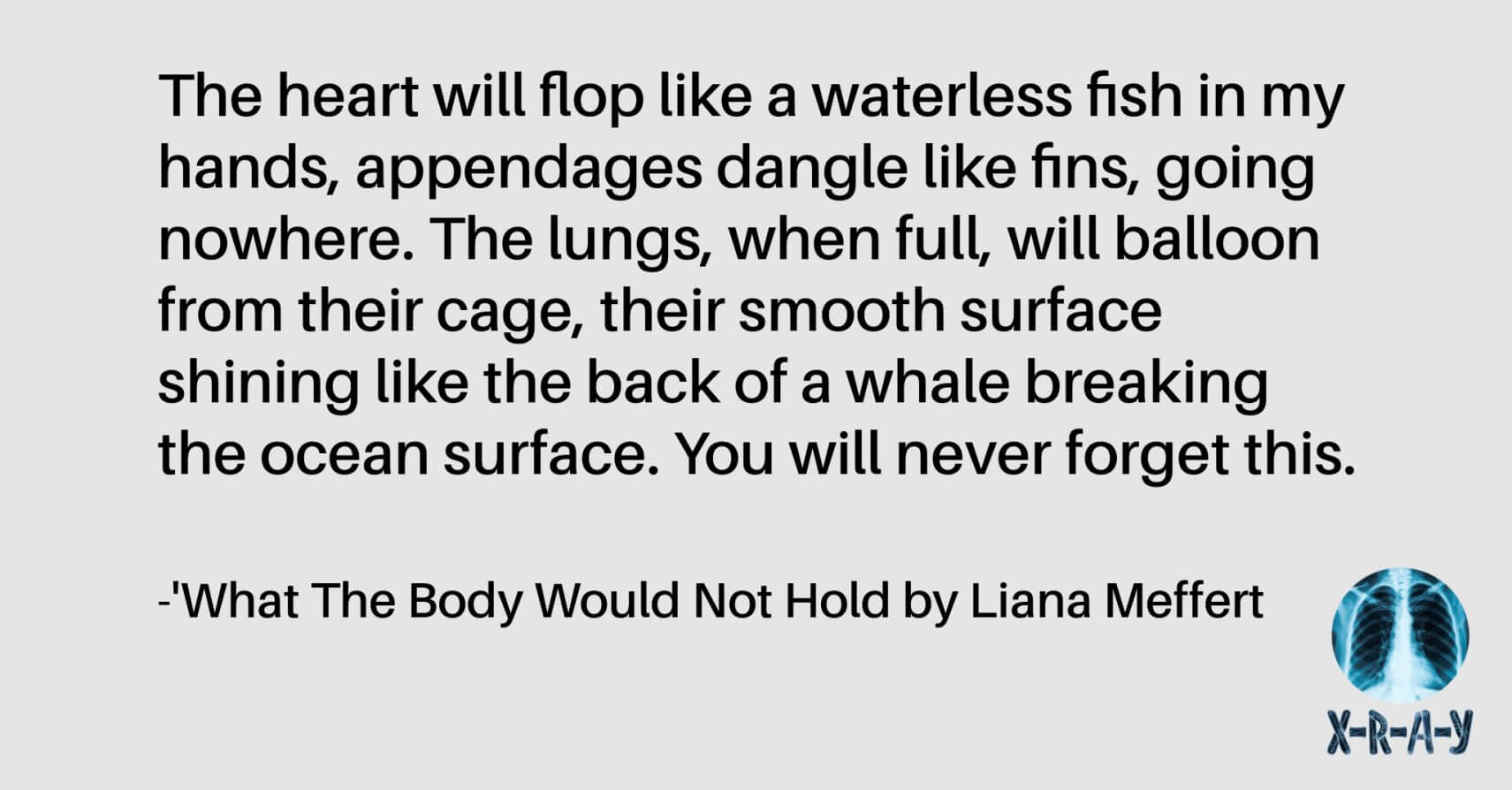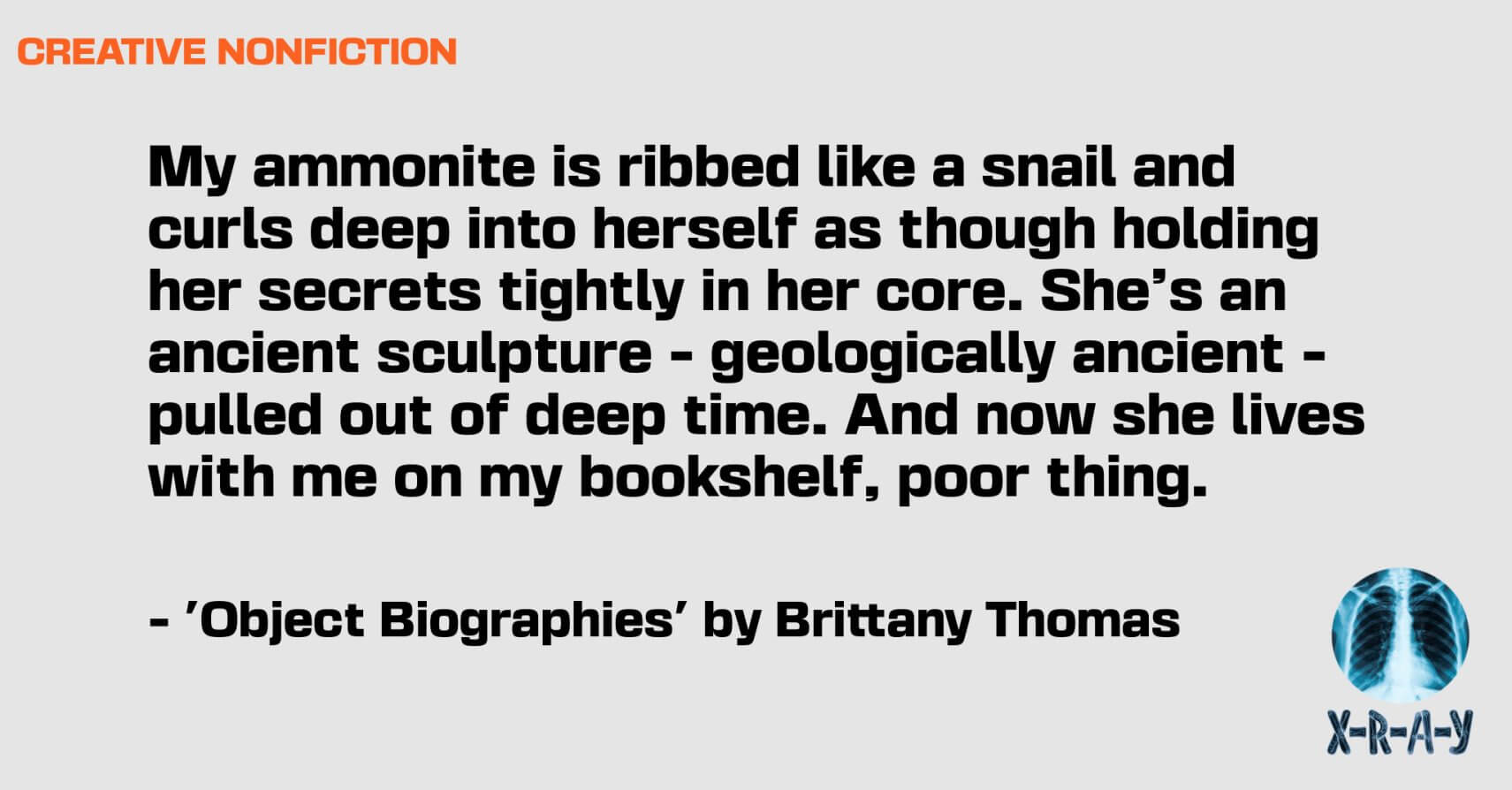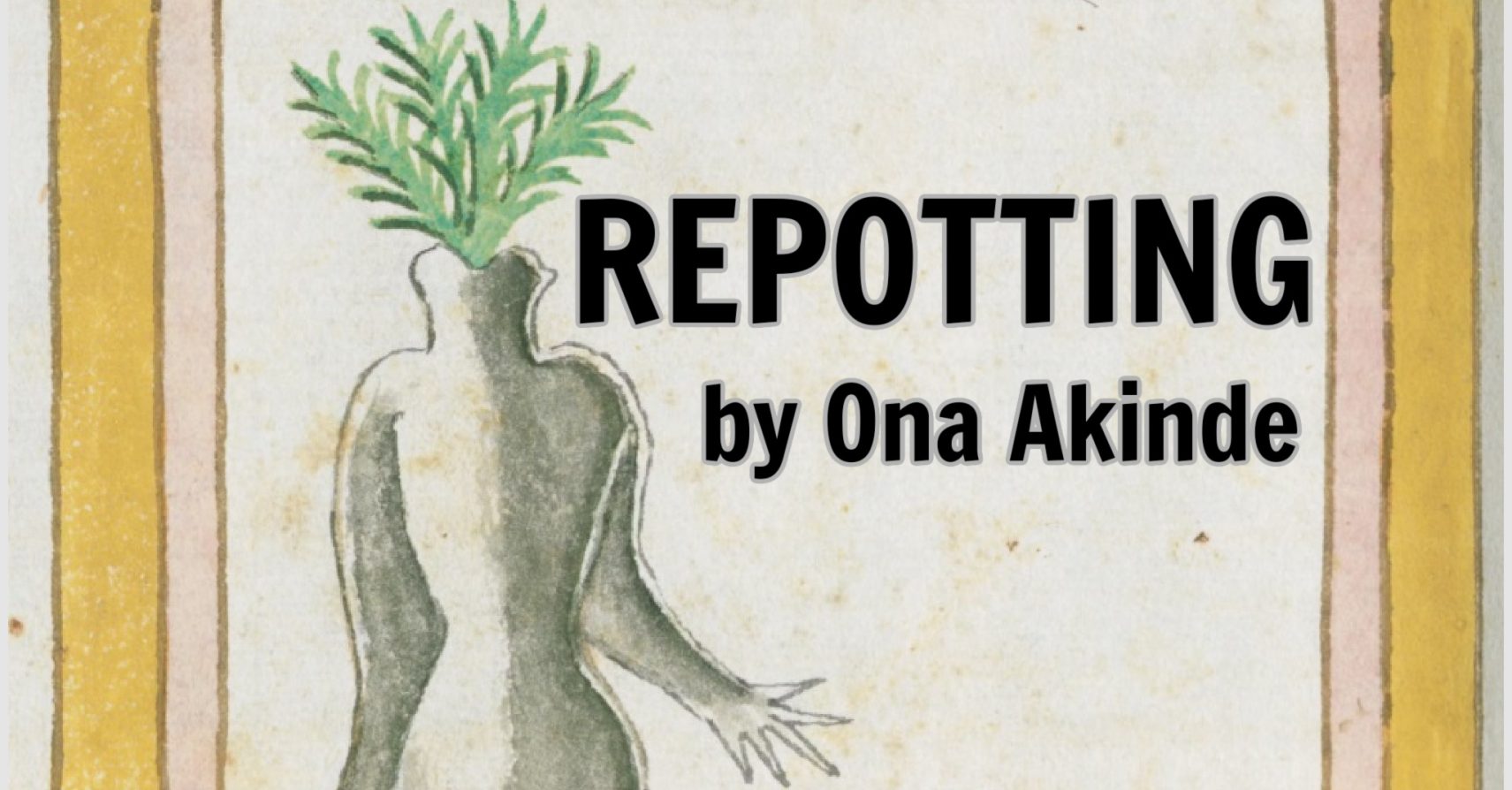
REPOTTING by Ona Akinde
1 at the airport in lagos, we find out my bags are overweight. it doesn’t surprise me. how was I supposed to fit years of my life into two 23kg suitcases? I buy an overpriced ghana-must-go bag to replace the heavier suitcase so I have more room for my things but my bags are still overweight. my mother is frantic as we pack and unpack, and I decide what else to let go of. “are you sure you don’t need this? the dress is nice on you,” she asks as I hand her another item of clothing to take back…

